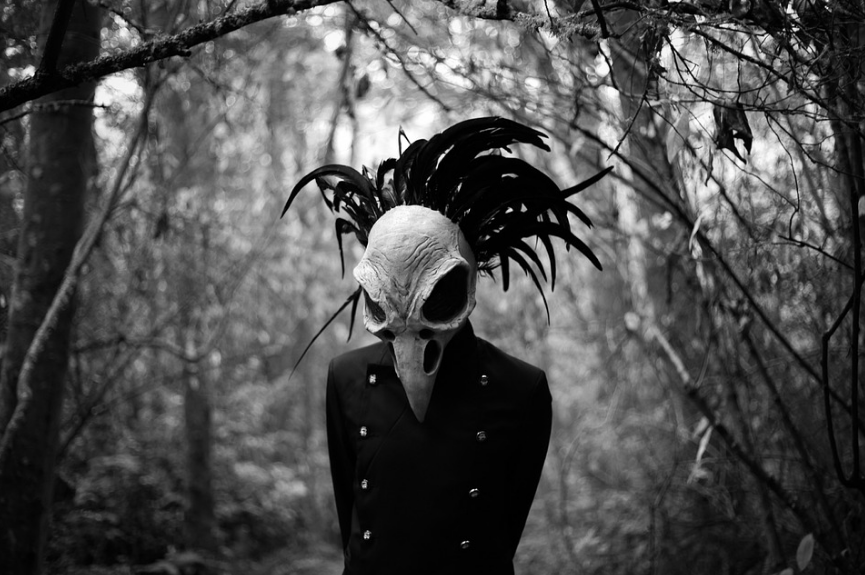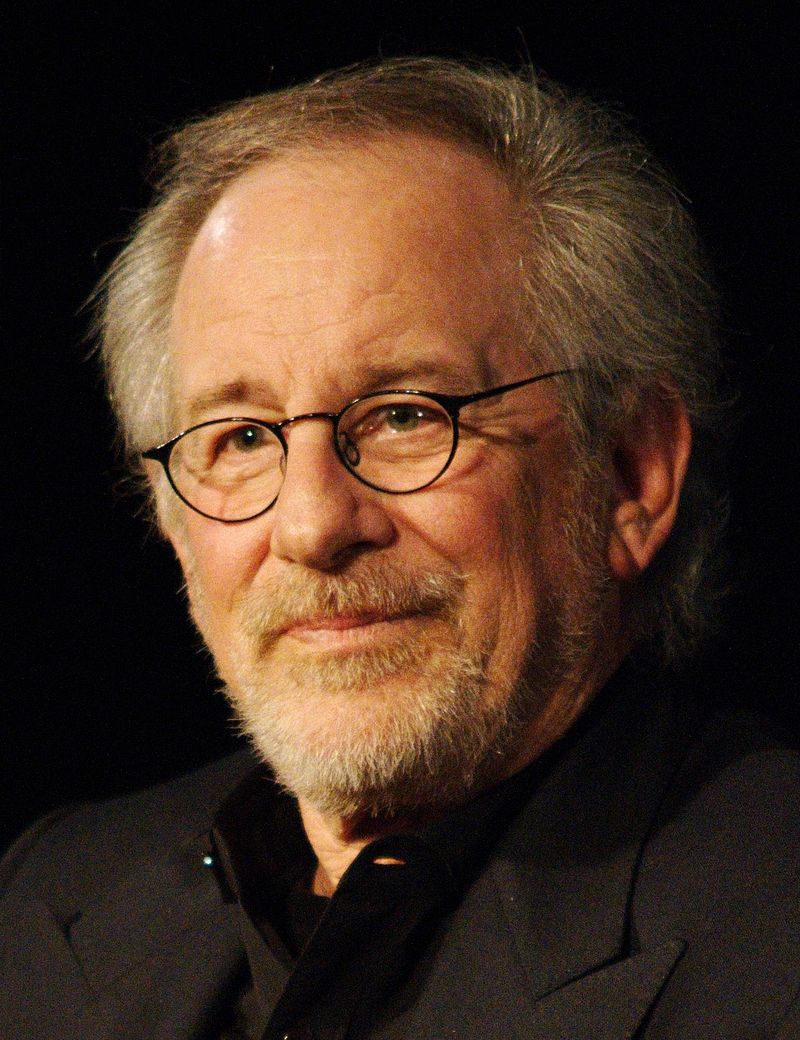Exploring DC and Marvel Movies at the Oscars: Wins and Snubs

You've followed DC movies from box office triumphs to the prestigious Oscars, where they've had both wins and snubs. Heath Ledger's iconic role in "The Dark Knight" earned Best Supporting Actor, yet Christian Bale's portrayal was snubbed. Despite critical acclaim, films like "The Lego Batman Movie" and "Batman Begins" faced Oscar neglect, particularly in writing and animation.
The cultural impact is undeniable, with "Black Panther" and "Joker" marking shifts in recognition. However, makeup masterpieces like "Wonder Woman" often went unnoticed. Plunge deeper into these intriguing Oscar dynamics to uncover more about DC's rollercoaster awards expedition.
Iconic Performances Overlooked
Many iconic performances in DC movies have been overlooked by the Oscars, leaving fans and critics puzzled. While Heath Ledger rightly earned a posthumous Best Supporting Actor win for his role in "The Dark Knight," it's surprising that Christian Bale didn't receive a nomination for his compelling portrayal of Batman. His performance added depth to the character and was met with critical acclaim, yet it didn't get the recognition it deserved. Consider "Black Panther," a superhero movie that broke barriers and received multiple Oscar nominations.
However, Michael B. Jordan's nuanced portrayal of Erik Killmonger was shockingly absent from the Best Supporting Actor category. His character's complexity and emotional depth resonated with audiences, marking a significant Oscar snub. Another example is Michelle Pfeiffer, whose seductive and fierce performance as Selina Kyle/Catwoman in "Batman Returns" captivated viewers. Despite the critical acclaim, her work was overlooked by the Academy. This trend of ignoring iconic performances in superhero movies is all too familiar. Even in "Joker," where Joaquin Phoenix's win was celebrated, other supporting roles didn't receive the acknowledgment they merited, highlighting an ongoing pattern of Oscar snubs.
Horror films of the post-WWII era often reflected societal anxieties, a trend paralleled in superhero films that explore complex characters and narratives, yet these performances still struggle for recognition.
View this post on Instagram
Visual storytelling in cinema often pushes boundaries, yet the Oscars don't always honor these achievements. Take Scott Pilgrim vs. the World—its groundbreaking visual effects and unique style made waves, but the Oscars overlooked it completely. This film's lack of Oscar nominations is baffling, considering how it redefined visual aesthetics in film. Similarly, X-Men: Days of Future Past showcased cutting-edge techniques by blending past and future timelines seamlessly. Its visual effects were nothing short of remarkable, yet it didn't earn a nod from the Academy in this category. Despite its critical acclaim, the film was ignored during awards season. Consider these unrecognized visual masterpieces: The 1950s horror films, like *Invasion of the Body Snatchers*, pushed genre boundaries while resonating with audiences by tapping into universal fears, much like these unrecognized visual masterpieces. These films pushed visual boundaries, yet the Oscars missed acknowledging their brilliance. Oscars' recognition of superhero films has been fraught with controversy, often revealing the Academy's reluctance to accept these narratives fully. "The Dark Knight" in 2008, despite its critical acclaim and eight nominations, was strikingly absent from the Best Picture category. This snub led to significant changes in the Academy Awards' nomination process, allowing for more diverse genre representation. These controversies highlight the Academy's evolving but hesitant relationship with superhero films. Consider these crucial moments: The Academy's standards continue to spark debate, reflecting tensions about what deserves the prestigious Best Picture nod. In the domain of DC movies, supporting roles have often been overlooked by the Oscars, leaving many deserving performances without recognition. Take Mark Hamill's iconic portrayal of the Joker in "Batman: Mask of the Phantasm." Despite delivering a chilling performance, his work was overlooked for a Best Supporting Actor Oscar. His Joker set a benchmark for the character, yet it went unrecognized. Likewise, Michelle Pfeiffer's Selina Kyle/Catwoman in "Batman Returns" garnered critical acclaim but missed out on a nomination. Her dynamic and layered performance as Catwoman was a standout in superhero films, but the Oscars didn't take notice. The horror film The Exorcist (1973) was the first horror movie nominated for Best Picture, setting a precedent for genre films gaining awards recognition. Michael B. Jordan's Erik Killmonger in "Black Panther" also faced a comparable fate. Although not a DC film, it highlights the broader issue of overlooking powerful performances in superhero narratives. His complex character sparked discussions about representation and merit, yet it didn't translate into an Oscar nod. "The Dark Knight" further illustrates this trend; despite its immense success, no supporting actor received a nomination. These omissions not only highlight missed opportunities for recognizing talent but also underscore a persistent bias against superhero films in Oscar nominations. Celebrated for their rich narratives and visual spectacles, DC films have left an indelible mark on both cinema and culture. Their cultural importance is evident in the 63 Oscar nominations they've amassed since 1951, underscoring their enduring influence on the Academy Awards. While "Black Panther" broke barriers as the primary superhero film nominated for Best Picture, it also underlined the growing appreciation for representation within this genre. DC films, too, have contributed greatly to this evolution, offering narratives that explore deep into complex themes. Similar to how Rita Hayworth's Gilda marked a significant evolution in the film noir genre, DC films have also redefined superhero narratives by deepening character complexities. "Joker" stands out for its exploration of identity and societal issues, winning two Oscars, including a Best Actor award for Joaquin Phoenix. This recognition highlights the potential for serious storytelling within the superhero genre, showcasing its artistic merit. Films like "The Dark Knight" and "Suicide Squad" further illustrate this shift, as the Academy begins to acknowledge the depth and nuance possible in superhero narratives. DC films often tackle themes of morality and identity, resonating with audiences beyond traditional superhero tales. By addressing societal issues, they not only entertain but also provoke thought and reflection, cementing their place in cultural discussions.Animated Features Ignored
Visual Masterpieces Unrecognized
Writing Excellence Snubbed
Best Picture Controversies
Supporting Roles Neglected
Makeup and Costume Oversights
Cultural Impact of DC Films




